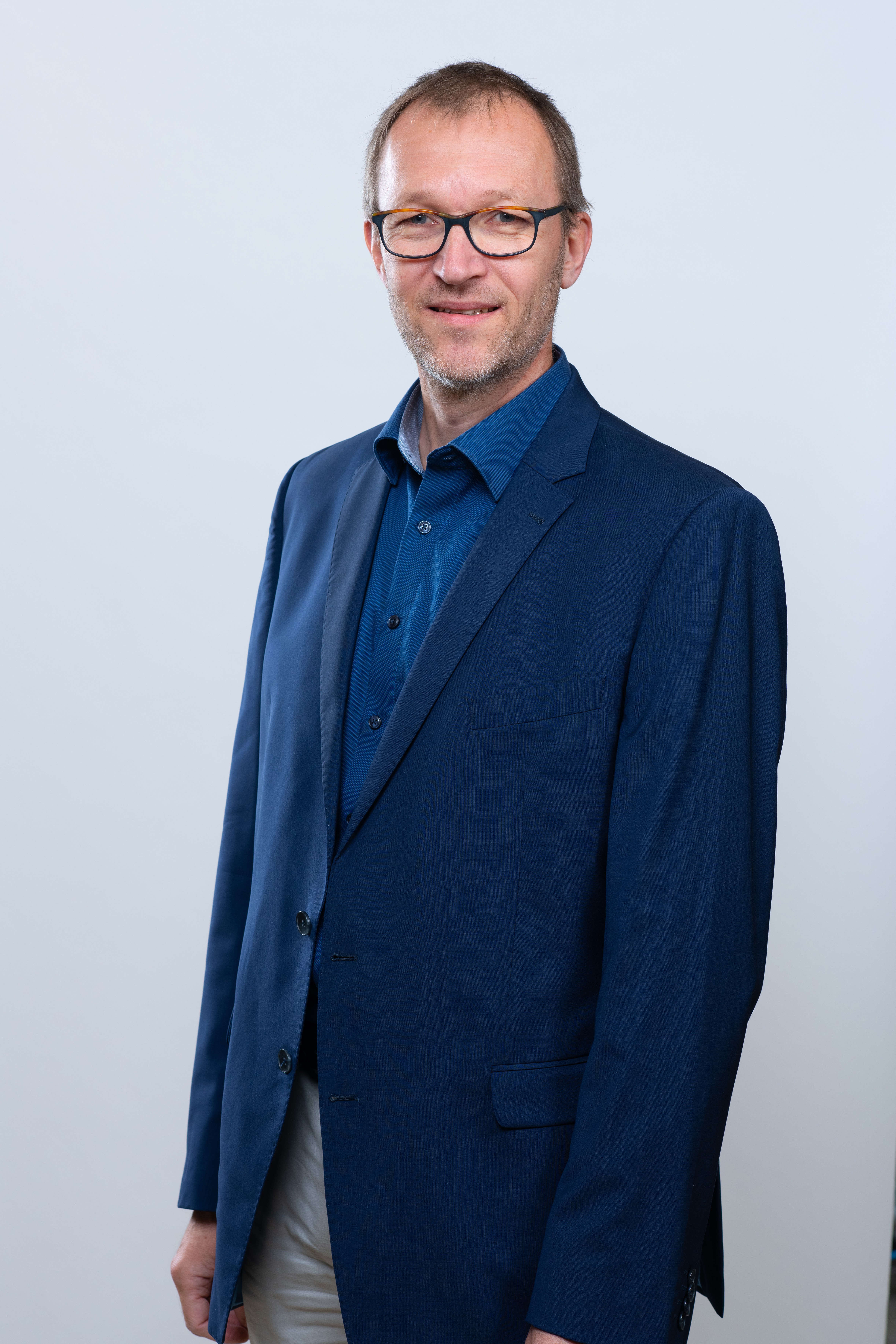



Evonik helps lay the foundations for IPC sustainability push
The International Poultry Council (IPC) has announced its commitment to the sustainable development of the poultry meat sector, delivering benefits for both the planet and people globally. It affirmed the sector’s commitment as a leader in transforming the world through environmental and sustainable practices, in agreement with the Food and Agriculture Organisation of the United Nations’ (FAO) Sustainability Development Goals.

© Evonik
Evonik is an associate member of the IPC and played a key role in convincing the organisation of the major impact poultry nutrition can have on the environment. It also helped to link the United Nations Sustainable Development Goals (SDGs) to the three-pillar sustainability model (environmental, economic and socio-ethical) promoted by the IPC, and to identify the SDGs which are supported most by the poultry industry.
The five goals are:
- Zero hunger (SDG 2) – sharing good practices and promoting sustainable production;
- Good health and well-being (SDG 3) – promoting poultry as a healthy choice and sharing good management and manufacturing practices;
- Quality education (SDG 4) – building capacity to ensure high quality and sustainable production;
- Industry, innovation and infrastructure (SDG 9) – Supporting innovative and sustainable industrialisation;
- Climate action (SDG 13) – reducing greenhouse gas and other emissions.
Dr Andreas Lemme, Director Technical Consultancy at Evonik explained: “When we joined the IPC’s Environment and Sustainability working group, it became apparent that there was a gap in expertise on poultry nutrition and feed production, yet their impact can be pronounced. For example, SDG 13 emphasises low emission feeding, minimising dietary nitrogen, optimising raw material processing and optimising nutritional value of ingredients and finished feed. These are all aspects the poultry industry can take action on.
“The IPC’s commitment should ensure that the entire global poultry industry chooses strategies and concepts that lead to a more sustainable approach.”
This is the second official declaration on sustainability with FAO after a declaration with the International Dairy Federation from 2016.









